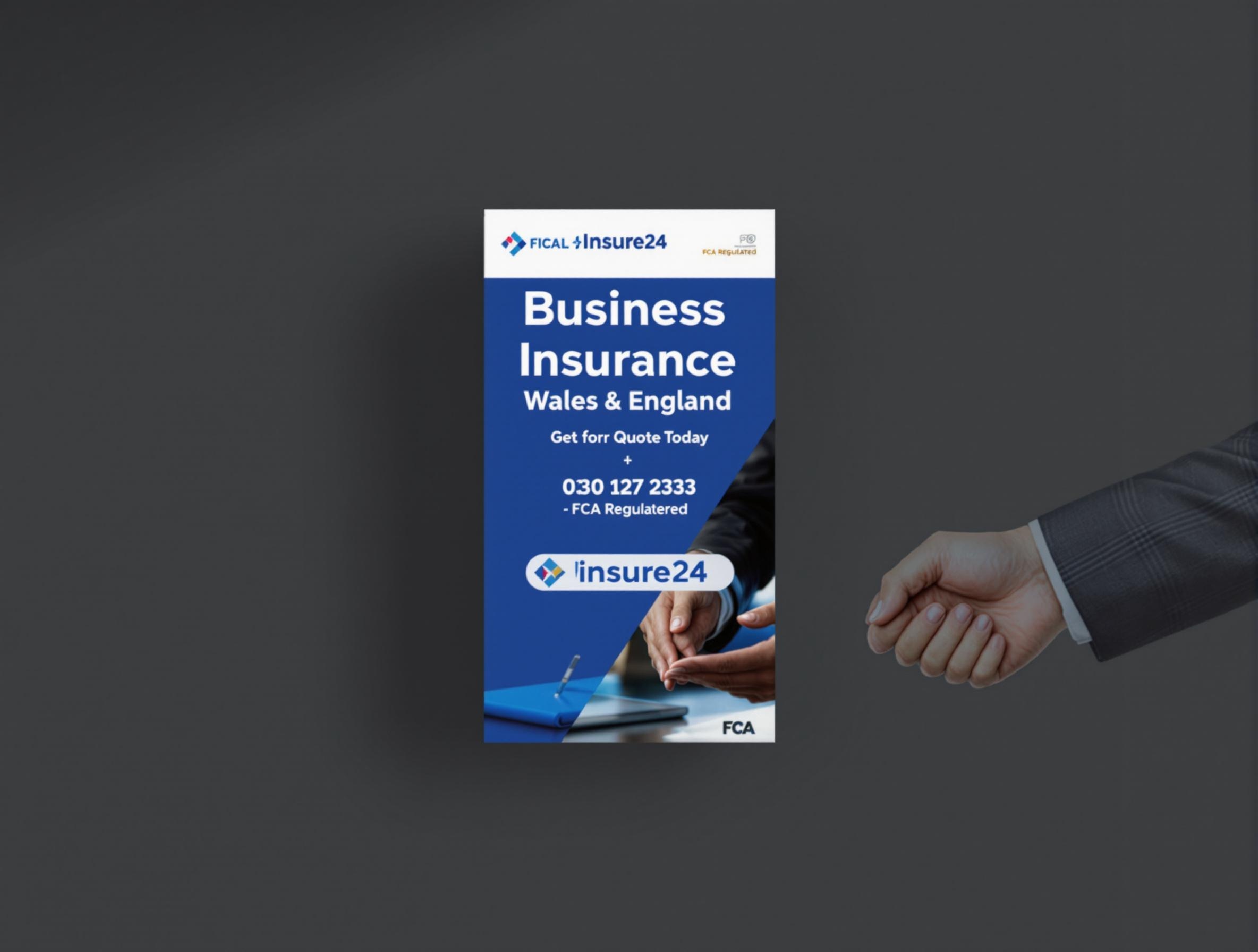Commercial Combined Insurance for New Businesses: Getting Started
Starting a new business is exciting, but it comes with risks that could threaten your venture before it even gets off the ground. Commercial combined insurance offers comprehensive protection that's essential for new businesses looking to safeguard their investment and future growth.
What is Commercial Combined Insurance?
Commercial combined insurance is a comprehensive policy that bundles multiple types of business coverage into one convenient package. Instead of purchasing separate policies for different risks, new businesses can get essential protection under a single policy, making it easier to manage and often more cost-effective.
This type of insurance is particularly valuable for new businesses because it provides broad protection against the most common risks that could derail a startup in its early stages.
Key Components of Commercial Combined Insurance
Public Liability Insurance
Protects your business if someone is injured or their property is damaged due to your business activities. This is crucial for new businesses as even small claims can be financially devastating in the early stages.
Employers' Liability Insurance
Legally required if you have employees, this covers compensation claims from staff who suffer work-related injuries or illnesses. Essential for growing businesses planning to hire staff.
Product Liability Insurance
Covers claims arising from products you manufacture, supply, or sell that cause injury or damage. Vital for businesses dealing with physical products or goods.
Professional Indemnity Insurance
Protects against claims of professional negligence, errors, or omissions in your services. Particularly important for service-based new businesses and consultancies.
Business Interruption Insurance
Covers lost income and ongoing expenses if your business operations are disrupted by covered events like fire, flood, or other insured perils.
Property Insurance
Protects your business premises, equipment, stock, and other physical assets against damage from fire, theft, vandalism, and other covered risks.
Why New Businesses Need Commercial Combined Insurance
Financial Protection from Day One
New businesses are particularly vulnerable to unexpected costs. A single liability claim or property damage incident could force closure before you've had a chance to establish your business.
Professional Credibility
Having comprehensive insurance demonstrates professionalism to clients, suppliers, and partners. Many contracts and tenders require proof of adequate insurance coverage.
Legal Compliance
Certain types of coverage, such as employers' liability insurance, are legally required. Commercial combined insurance ensures you meet these obligations.
Cost Efficiency
Bundling multiple coverages typically costs less than purchasing separate policies, making it budget-friendly for cash-conscious startups.
Simplified Management
One policy, one renewal date, one point of contact – commercial combined insurance simplifies insurance management for busy entrepreneurs.
Getting Started: Steps for New Businesses
1. Assess Your Risk Profile
Consider your business activities, location, employees, and potential exposures. Different businesses face different risks, so understanding yours is crucial for adequate coverage.
2. Determine Coverage Limits
Work with an insurance professional to determine appropriate coverage limits based on your business size, industry, and risk exposure. Don't underinsure to save money initially.
3. Compare Policies and Insurers
Not all commercial combined policies are the same. Compare coverage options, exclusions, deductibles, and insurer reputation before making a decision.
4. Consider Future Growth
Choose a policy that can adapt as your business grows. Look for options to increase coverage limits or add additional protections as needed.
5. Review Regularly
As your business evolves, so do your insurance needs. Schedule regular policy reviews to ensure your coverage remains adequate and cost-effective.
Common Mistakes New Businesses Make
Delaying Insurance Purchase
Some entrepreneurs wait until they're "more established" to get insurance. This leaves them vulnerable during the critical early stages when resources are limited.
Choosing the Cheapest Option
While cost is important for new businesses, the cheapest policy may not provide adequate protection. Focus on value rather than just price.
Misunderstanding Coverage
Not fully understanding what is and isn't covered can lead to nasty surprises when claims arise. Read policy documents carefully and ask questions.
Inadequate Coverage Limits
Underestimating potential claim sizes can leave businesses exposed. Consider worst-case scenarios when setting coverage limits.
Industry-Specific Considerations
Retail Businesses
Need strong public liability coverage due to customer interactions and property insurance for stock and fixtures.
Professional Services
Require robust professional indemnity coverage and cyber liability protection for client data.
Manufacturing
Need comprehensive product liability coverage and property insurance for equipment and inventory.
Hospitality
Require high public liability limits and specialized coverage for food safety and premises liability.
Working with Insurance Professionals
Navigating commercial insurance as a new business owner can be complex. Working with experienced insurance brokers who understand your industry can help ensure you get appropriate coverage at competitive rates.
Professional brokers can help you understand policy terms, compare options from multiple insurers, and provide ongoing support as your business grows and evolves.
Conclusion
Commercial combined insurance is an essential foundation for new businesses, providing comprehensive protection against the risks that could otherwise derail your entrepreneurial dreams. By understanding your coverage needs, working with experienced professionals, and choosing appropriate protection from day one, you're setting your business up for long-term success.
Don't let insurance be an afterthought – make it a priority in your business planning process. The peace of mind and financial protection it provides will allow you to focus on what you do best: growing your business.


 0330 127 2333
0330 127 2333




























